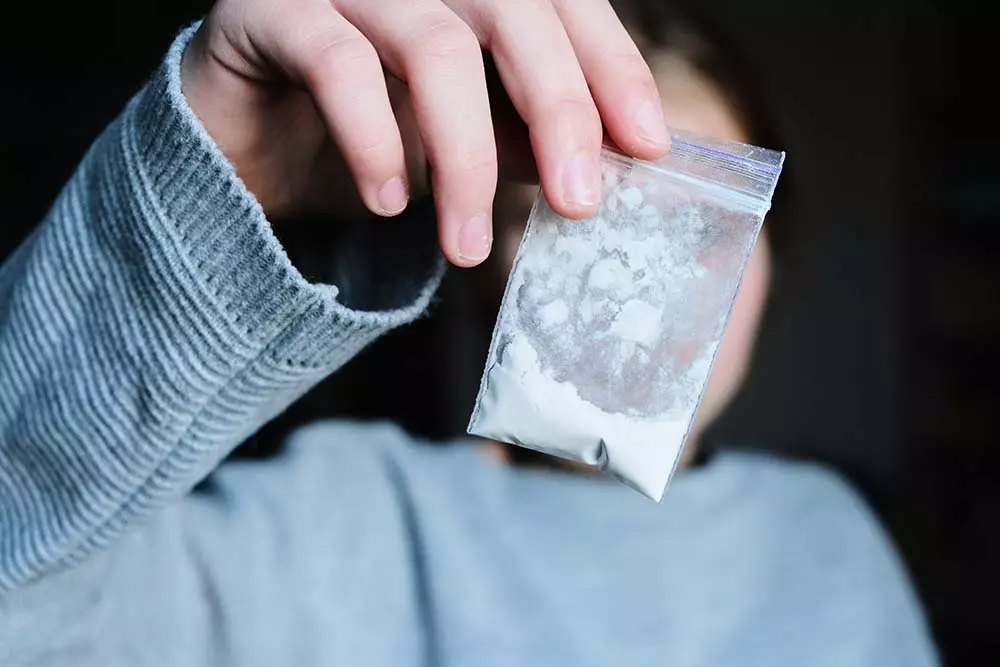Methamphetamine and cocaine use are on the rise in Cyprus, compared to previous years, says a European wastewater analysis report on drug use that included over 100 cities.
According to the survey, methamphetamine use, generally low and historically concentrated in Czechia and Slovakia, now appears present in Cyprus, Belgium, the east of Germany, Spain, Turkey, and several northern European countries (Denmark, Finland, Lithuania, Norway).
The three cities with the highest loads are all in Czechia, followed by cities in Latvia, Germany, Turkey and Cyprus.
Larnaca and Limassol have recorded the highest methamphetamine use in Cyprus, recording a sharp increase last year.
Data showed that methamphetamine residues in sewage increased tenfold in Larnaca in 2022, going from 5.64 mg per 1000 people per day in 2021 to 57.55 mg/1000p/day.
In Limassol, methamphetamine residues increased to 38.55 mg per 1000 people daily, from 9.24 mg/1000p/day in 2021.
The report said Cypriot cities analysed rank high in Europe for drug consumption level.
Methamphetamine is a highly addictive central nervous system stimulant.
The analysis report also included results from Nicosia, Paphos and the wider Ayia Napa-Paralimni area.
Limassol also recorded an increase in cocaine use compared to the previous years.
Although cocaine use in Cyprus is lower than the European average, Limassol recorded a slight increase compared to last year.
The highest levels of cocaine use were observed in Belgium, the Netherlands, Spain and Portugal.
Meanwhile, MDMA and amphetamine use in Cyprus is among the lowest recorded in Europe. Cannabis use on the island was very close to the European average.
The European Monitoring Centre surveyed Drugs and Drug Addiction, and the Cyprus Addiction Treatment Authority published the report’s results.
This study relied on wastewater epidemiology, which is based on chemicals used or consumed by the inhabitants of a community, such as pharmaceutically active compounds, drugs, pesticides, or personal hygiene products, as well as viruses and pathogens circulating in the community.
President of the Cyprus Addiction Treatment Authority, Christos Mina, said such studies “pave the way for the adoption of timely measures tackling the problem of illicit drug use both in Cyprus and Europe.”










